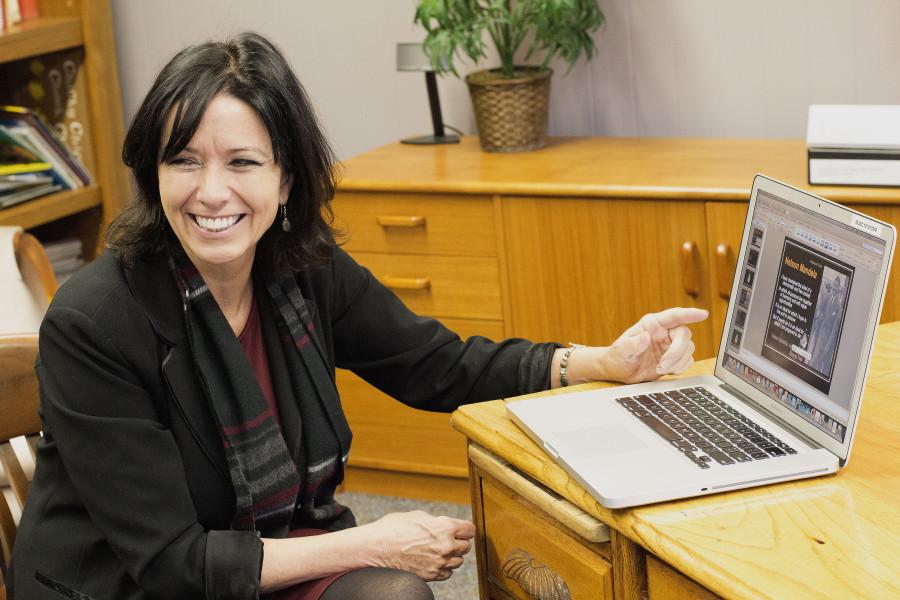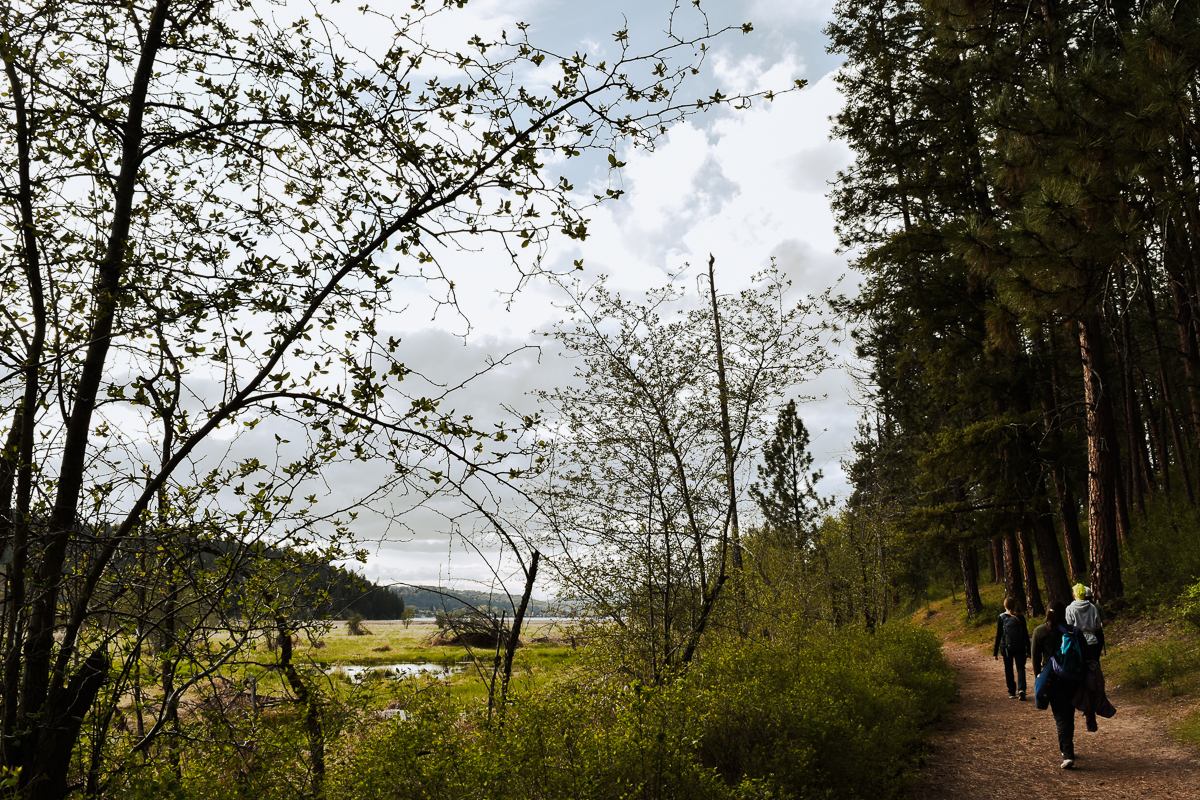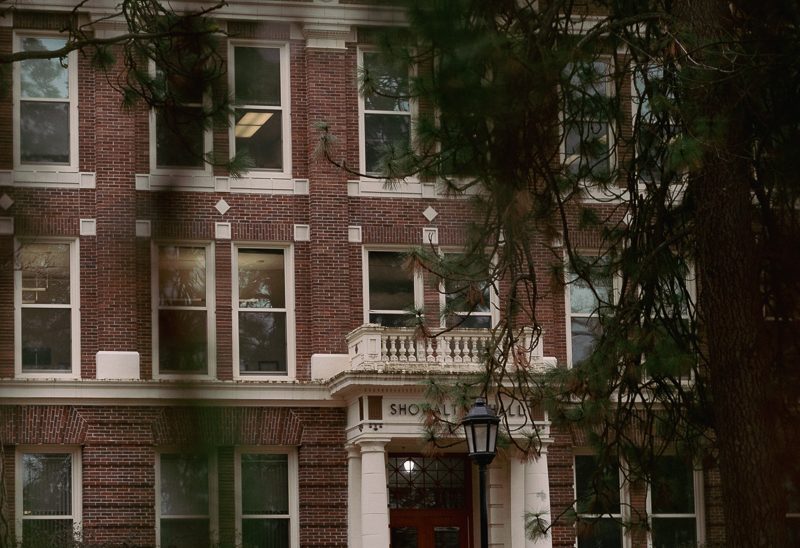By Rebekah Frank
When Sheila Woodward, chair and director of music education at EWU, first met South African President Nelson Mandela, she said she was inspired by him and he continues to inspire her.
Originally from South Africa, Woodward grew up unexposed to different cultures. It was not until her senior year of high school when she attended a camp with other kids her age of different races.
In South Africa it was against the law for people of other races to be in the same areas, such as buses or theaters. They were only allowed to live in the geographical area of one race.
According to Woodward, she made many friends at that camp. Woodward would meet up with those friends and take part in acts of civil disobedience such as going to each other’s houses and handing out blankets at squatter camps.
The South African government announced that high school seniors had to write their final examinations in the language of the elite.
According to Woodward, this prevented black people from getting into universities. They were not even allowed into legal professions to minimize challenging the government.
Within a few days, many children left school and took to the streets in peaceful marches of protest. “It was pretty heartbreaking to see some of the back lashing of the police,” said Woodward. According to Woodward, the police shot, whipped and imprisoned children of all ages. Some of her friends also suffered from the brutality of the police.
After Woodward graduated from the University of Cape Town, she began working full-time in directing privately-funded community music outreach programs. She directed a performance for the school of the blind in South Africa that former President Mandela was a guest for. As Mandela was leaving after the performance, Woodward kindly let him know that all of the children were blind and could not see him.
This statement, according to Woodward, stopped the president in his tracks. He went and shook every child’s hand. “He has always had a soft spot with children,” said Woodward.
When Woodward was 42 years old, she moved from South Africa to Florida to teach at the University of Florida. She taught honors courses and had her students read, “The Long Walk to Freedom: The Autobiography of Nelson Mandela.”
“Students reported that their actual lives changed, that they were not the same person they were when they started that course, that they were so deeply impacted by Mandela and the inspiration that he was,” said Woodward.
EWU senior Joshua Lindberg, currently one of Woodward’s students, said she is a fine professor. With her diverse background and unique ideas, Dr. Woodward brings knowledge that would not be normally thought about with American music. ”Dr. Woodward is able to combine the music education she was a part of in South Africa with the ever growing and changing music education in America to create a diverse music experience to further students’ knowledge and expertise,” said Lindberg. ”In her study of the effect of music, she has shown how strong music is to the human brain, both in infants and in adults, and how it assists in all parts of education.”
Woodward’s inspiration from Mandela conveys her efforts to give back to the community in the U.S. and South Africa. Woodward ran a program in Cape Town, South Africa and Florida for juvenile offenders. She gave them a chance to learn and enjoy music.
Woodward also has written grants to bring South African musicians to the United States. The rewards were used to pay for travel and a small fee for the musicians to perform and infuse the audience with the South African culture through music.
According to Woodward, the two main things she has learned are: When you see injustice you have the choice to speak out about it and to maintain peace and live in the present.
“To maintain an inner peace, to not worry about the future, to not be angry about the past, not to hold bitterness in your heart, but to go forward with serenity and always believing in the goodness of man and keeping hope alive always,” said Woodward.





![Simmons said the biggest reasons for her success this year were “God, hard work, and trusting [her] coach and what she has planned.”](https://theeasterner.org/wp-content/uploads/2024/05/image1-1-1200x800.jpg)









